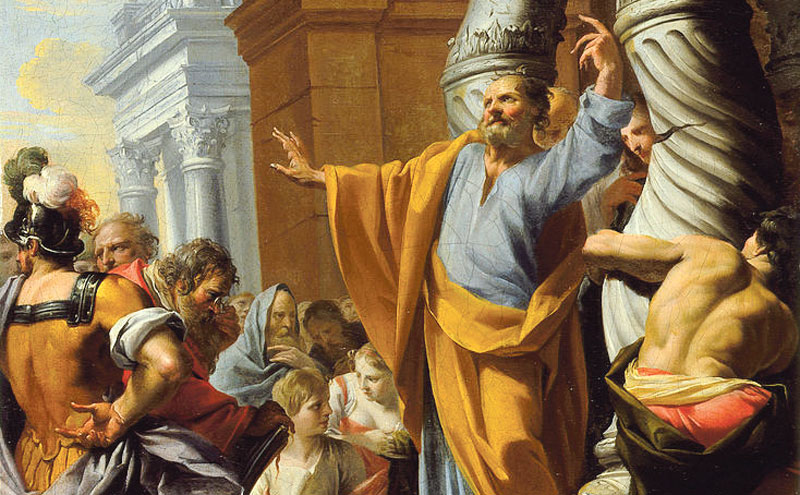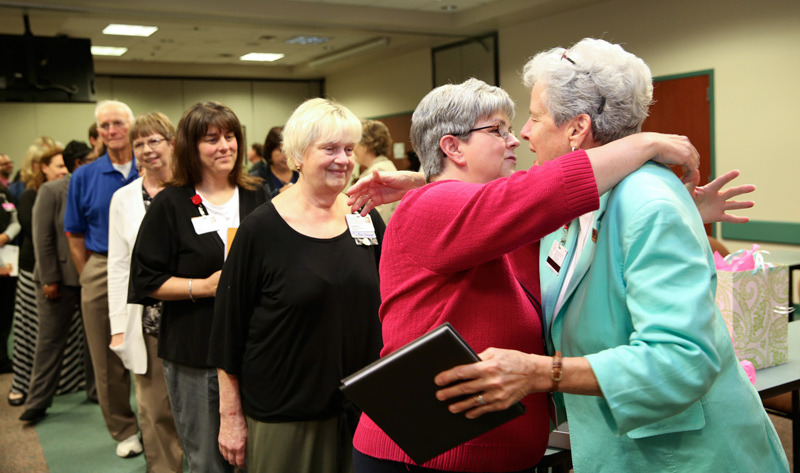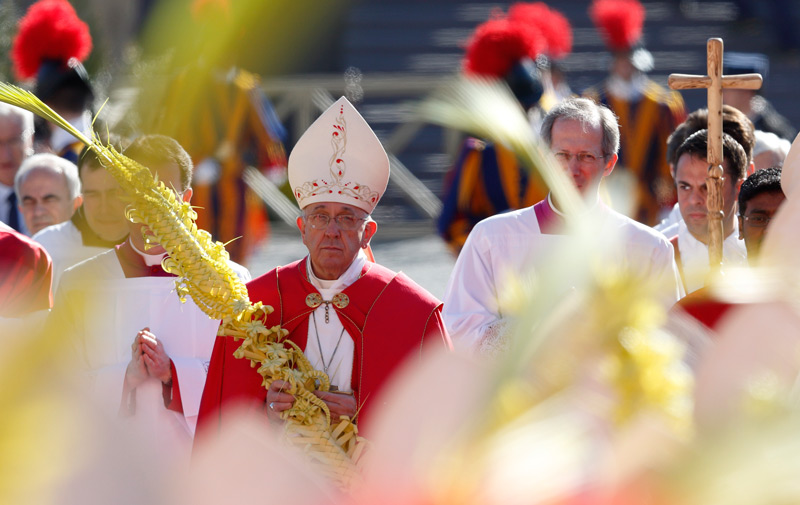
We Americans are noted for being outspoken politically and making fun of our governing officials. Cartoonists caricature politicians, and everyone from town council members to the president gets lampooned. Though it may be customary for us, in Wild West democracy style, not to take authorities seriously, that isn’t part of the mode of operations prescribed for Christians.
In the first century of Christianity, St. Peter addressed the issue of how citizens ought to conduct themselves. This was an era of drunken, bloodthirsty kings such as Herod, and maniacal emperors like Nero, who used rope-bound Christians as torchlights. Peter advised, “Be subject to every human institution for the Lord’s sake, whether it be to the king as supreme or to governors sent by him … Give honor to all, love the community, honor the king.” He said this in the midst of a pagan culture.
Catholics have long understood that the command to honor our parents includes those who have authority over us. Obedience is a steady demand unless we are ordered to do something outright sinful. Then Peter’s other principle, as recorded in Acts, kicks in. We have to obey God rather than humans when it comes to outright wrongdoing. So, during the time of Hitler’s Third Reich, everyday citizens went about bowing to all sorts of rules and regulations, but a number of them also hid Jewish neighbors. Others became part of underground resistance movements. A conscientious objector to being drafted into Hitler’s army, the Austrian church sexton Franz Jaggerstatter is now up for canonization. The husband and father of three died for his Catholic beliefs regarding justice. He discerned the difference between rightful obedience and wrongful cooperation with evil.
Our Catholic tradition stands for responsible citizenship. We make judgments about character and matters of policy when we cast ballots. When elections conclude, we make peace with the results, even while we may continue to object to the causes that officials promote or their personal styles. We may also work actively to defeat them when the next election rolls around and rally against objectionable policies and decisions.
Meanwhile, we owe our leaders the respect that is due their positions. That means that we don’t mock or vilify, even if we count ourselves among what the British term loyal opposition.
That having been said, we also note that heads of state, and indeed all public officials, ought to model respect as well. Our nation is founded on the conviction that all human beings have dignity and God-given equality. We will only be at our best if we live what we profess. If name-calling, bullying, uncivil discourse, and disrespect for the vulnerable is considered acceptable in our leaders, it is very hard to instruct the young and not-so-young that politeness and reverence for others is the American way.
Peter’s comment about honoring the king (or mayor or governor or president) has an important foundation stone, one that must be a mutual one if it is to hold firm: loving the community.
Sister Pamela Smith, SSCM, is the Secretary for Education and Faith Formation at the Diocese of Charleston. Email her at psmith@catholic-doc.org.




